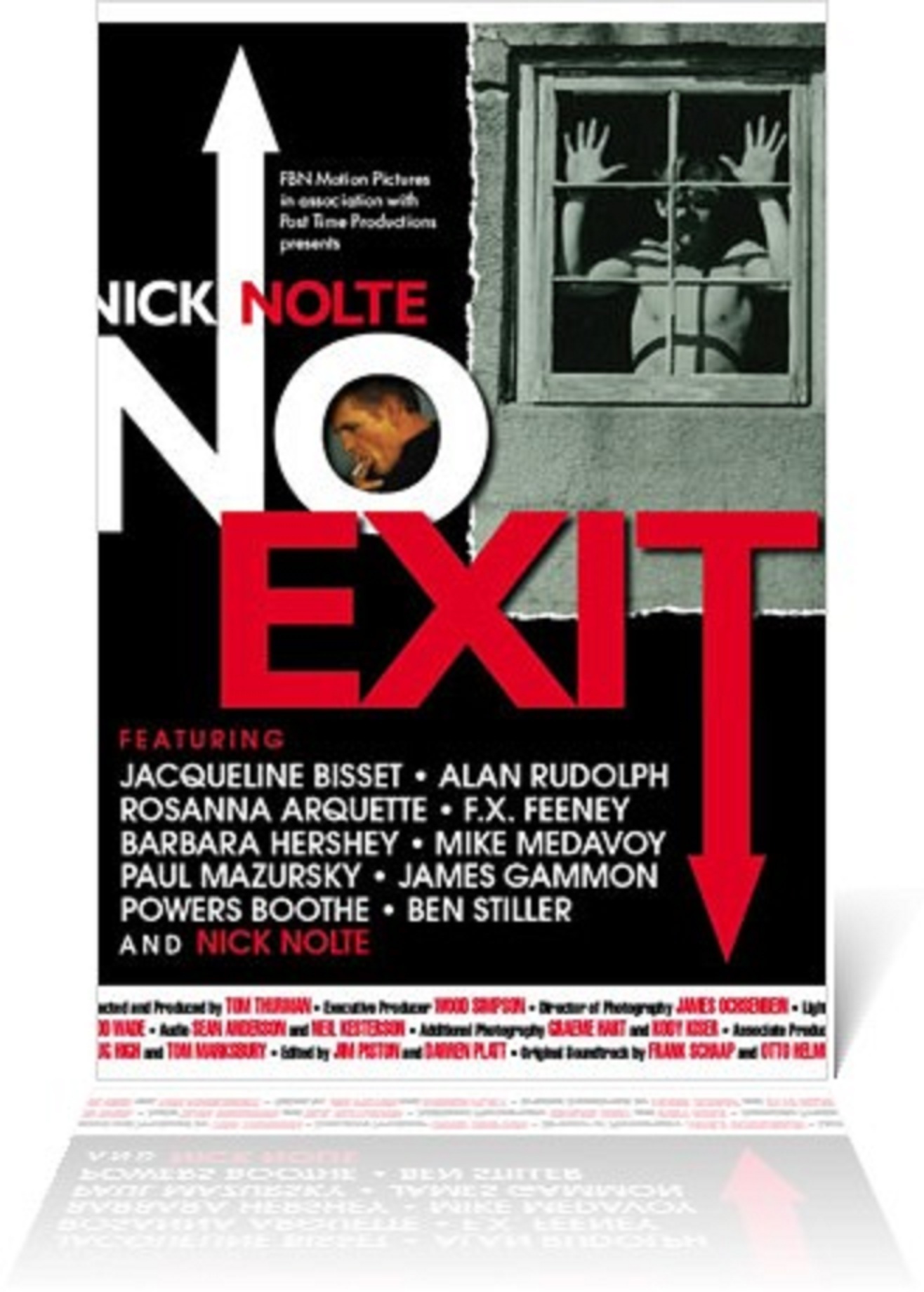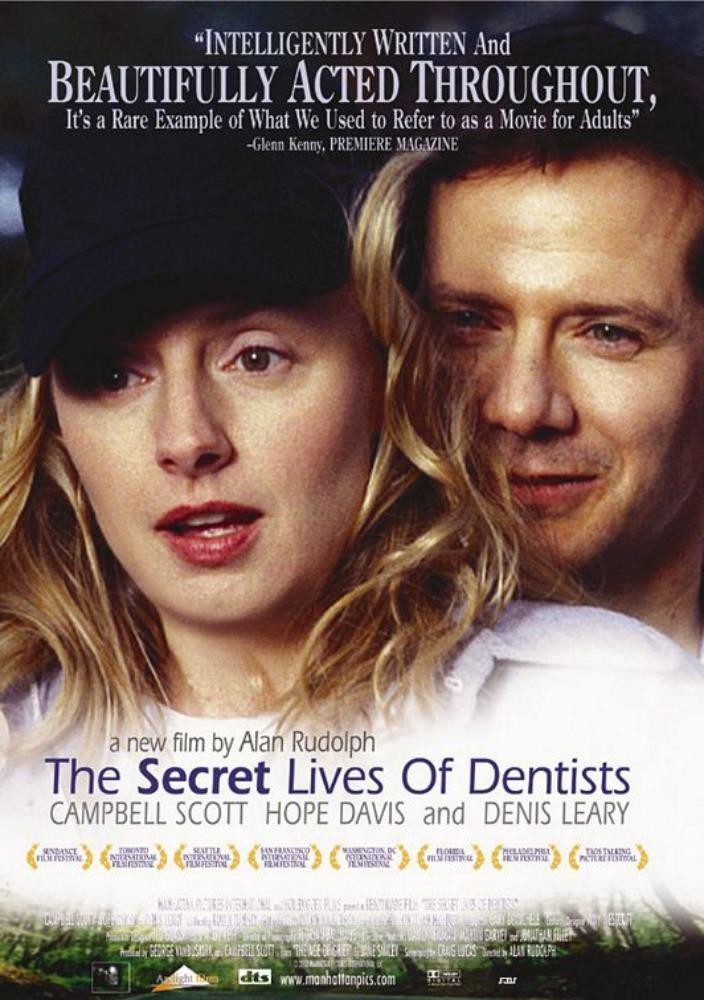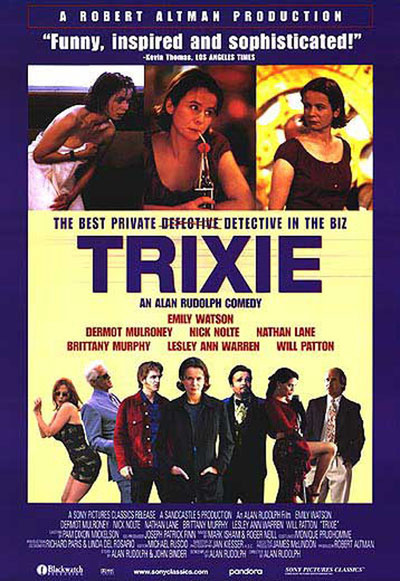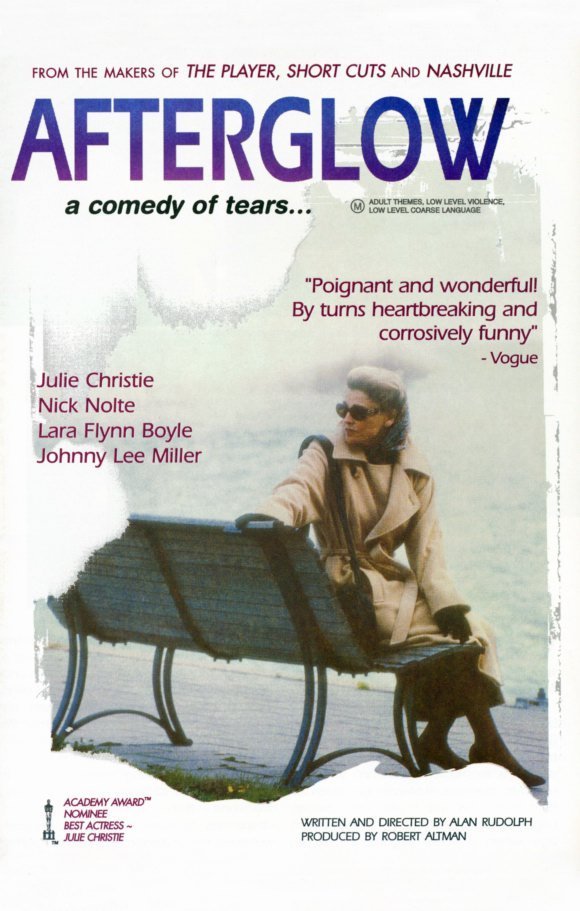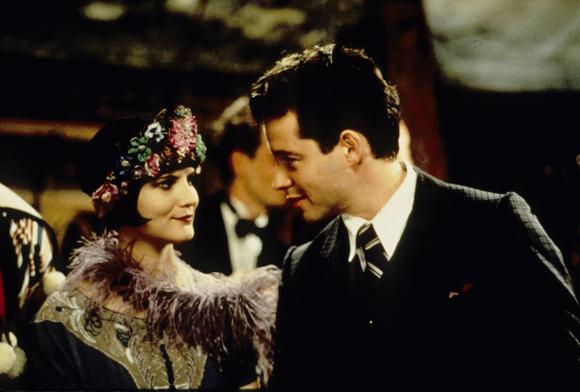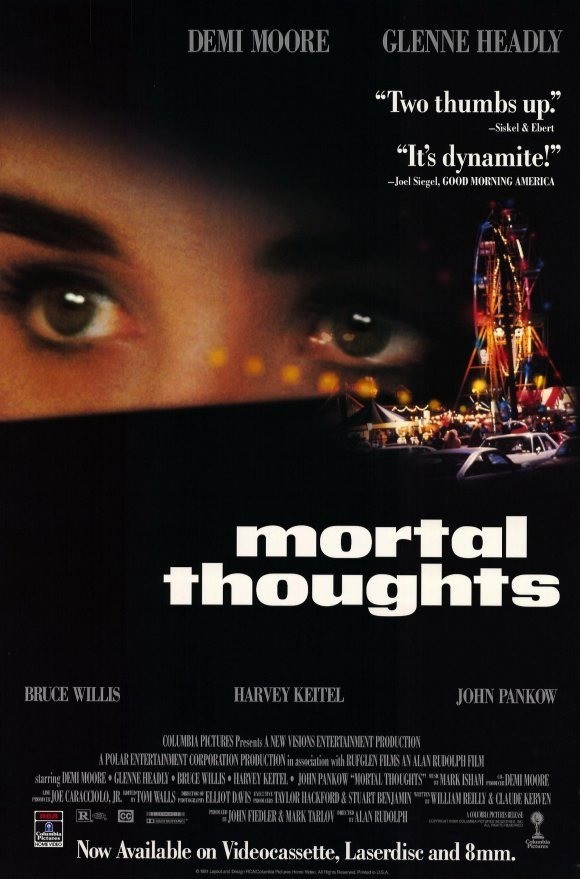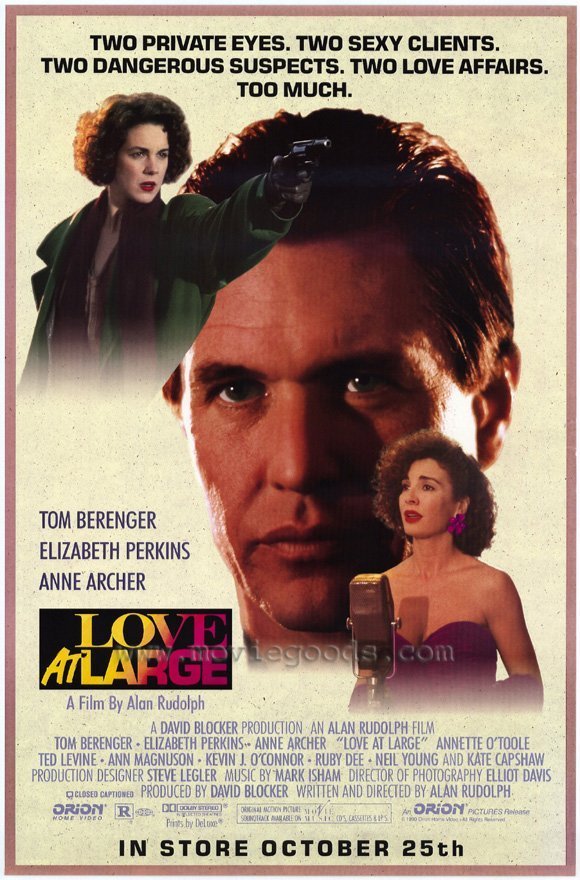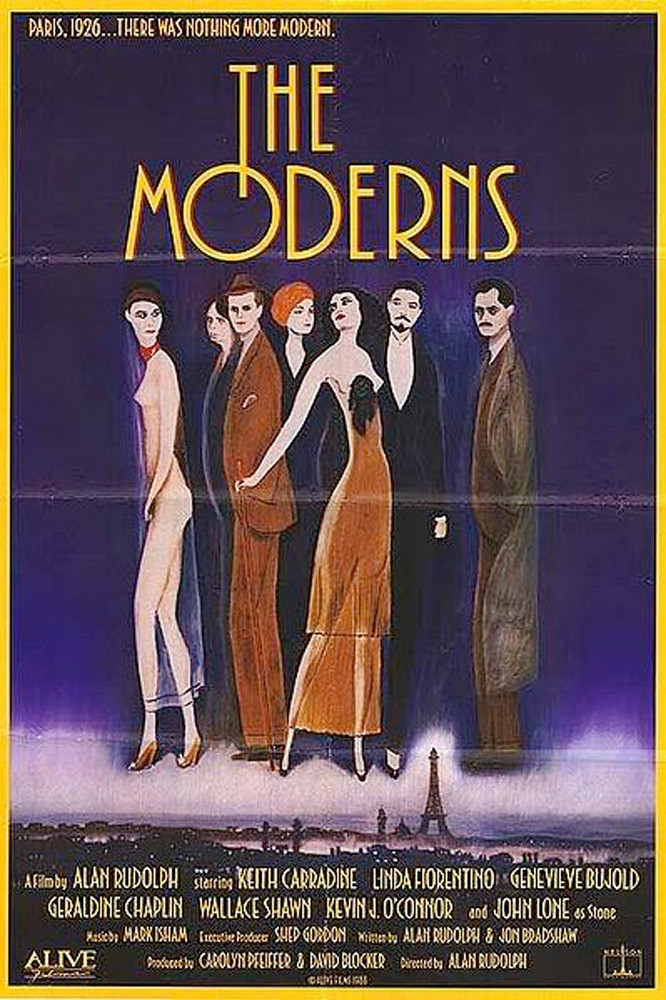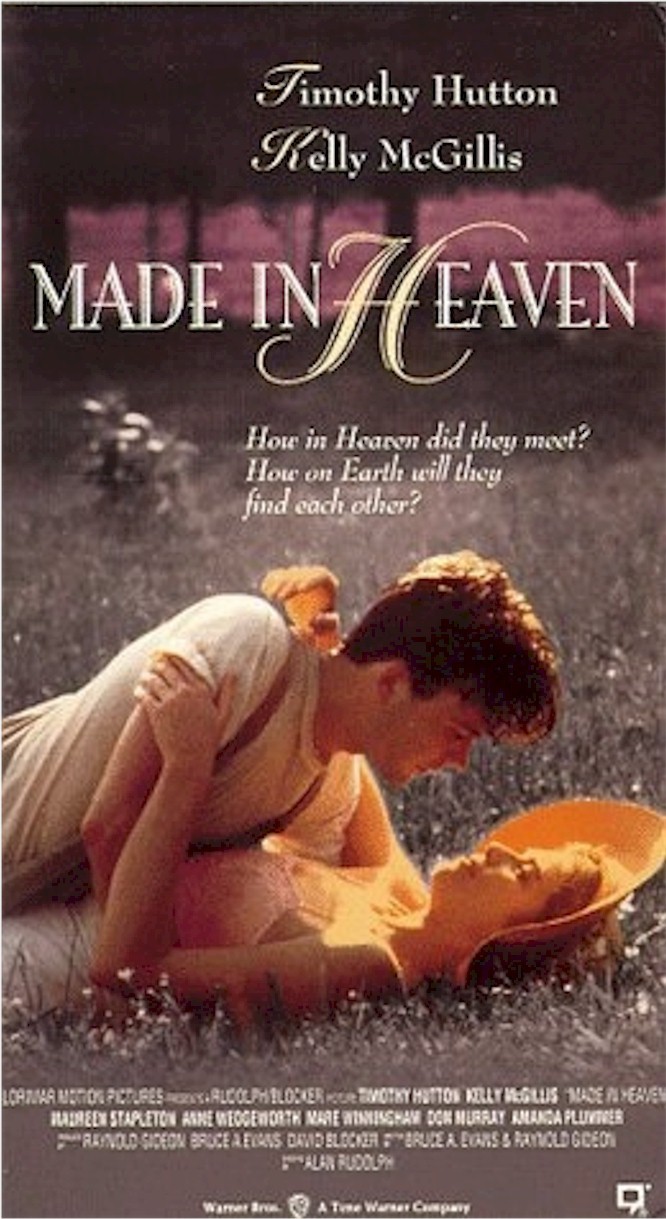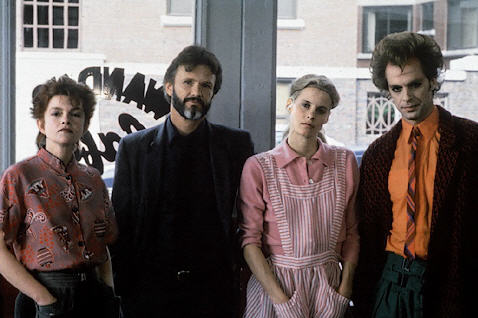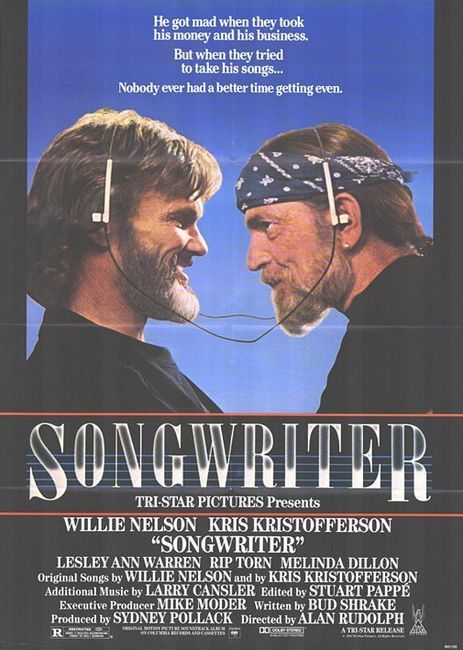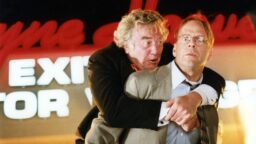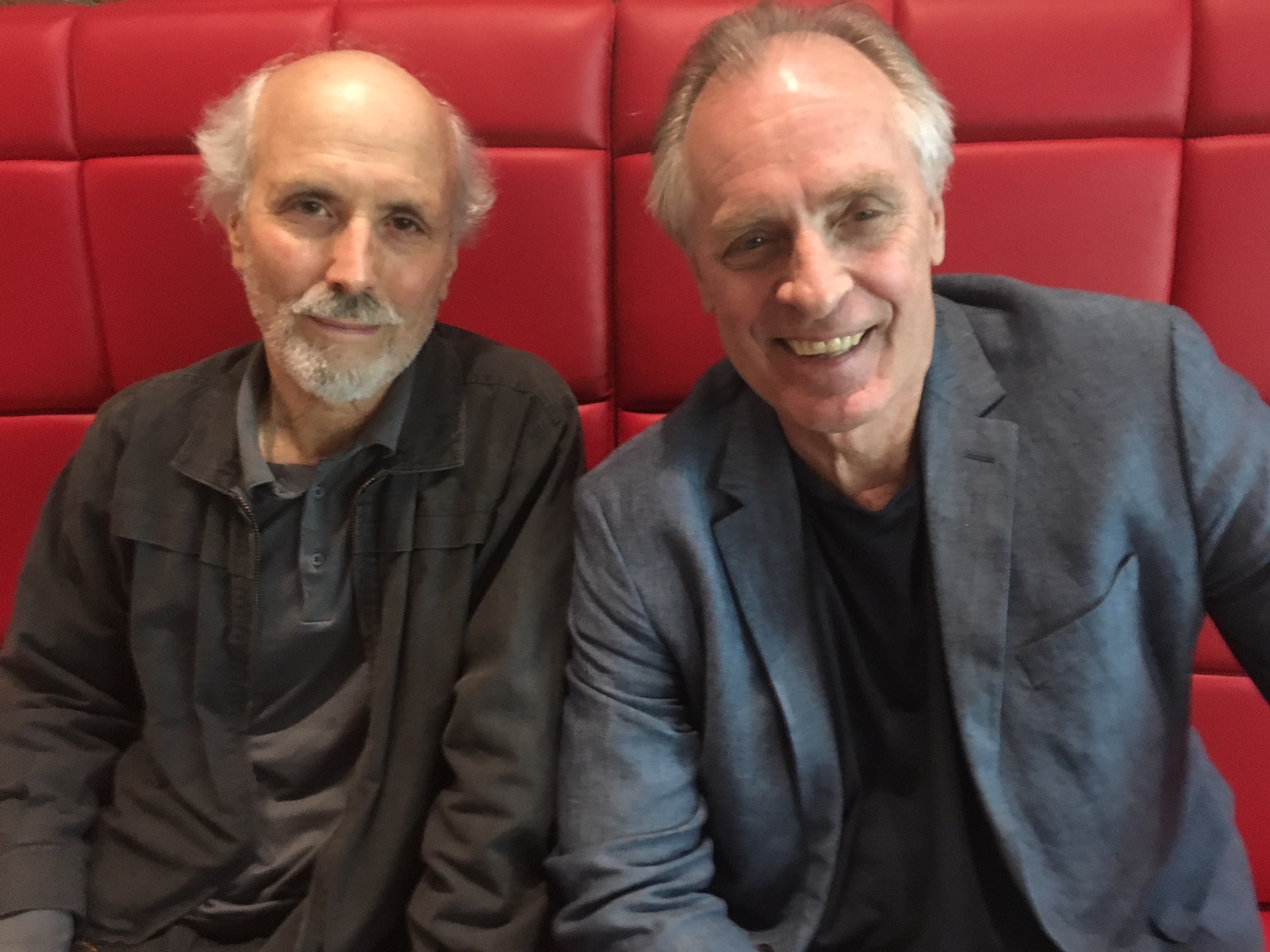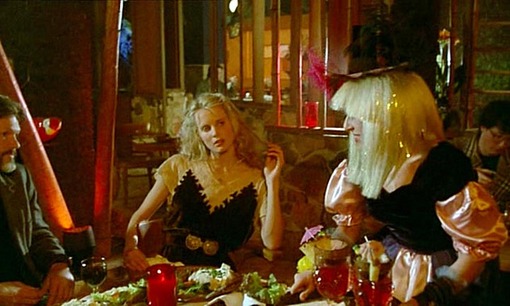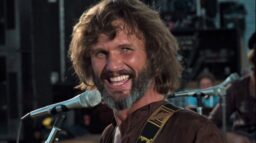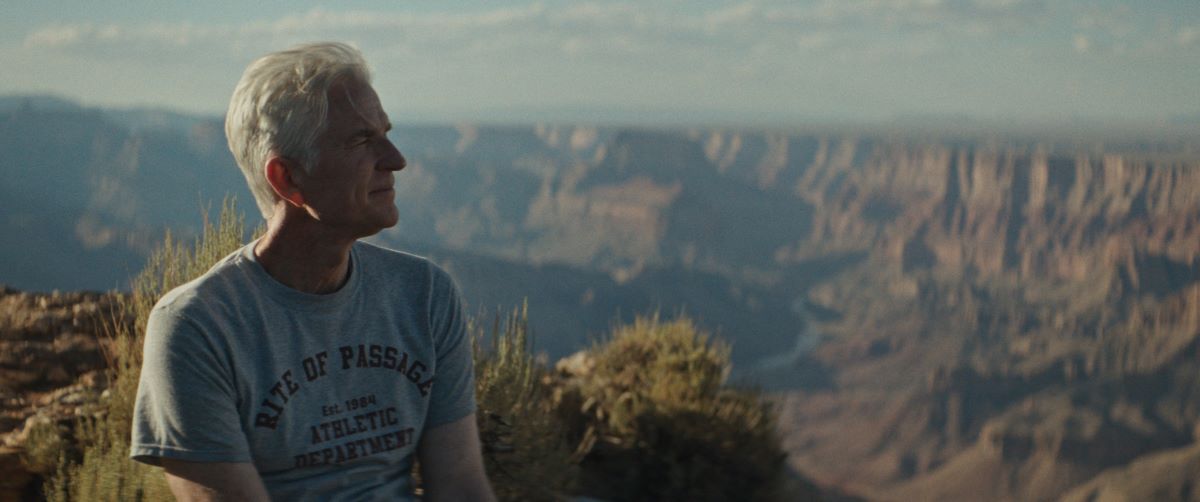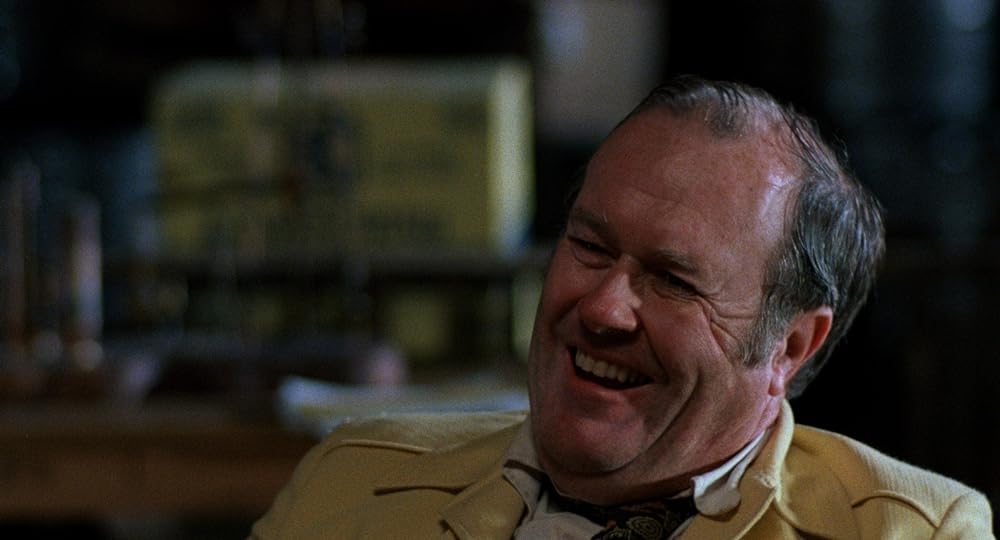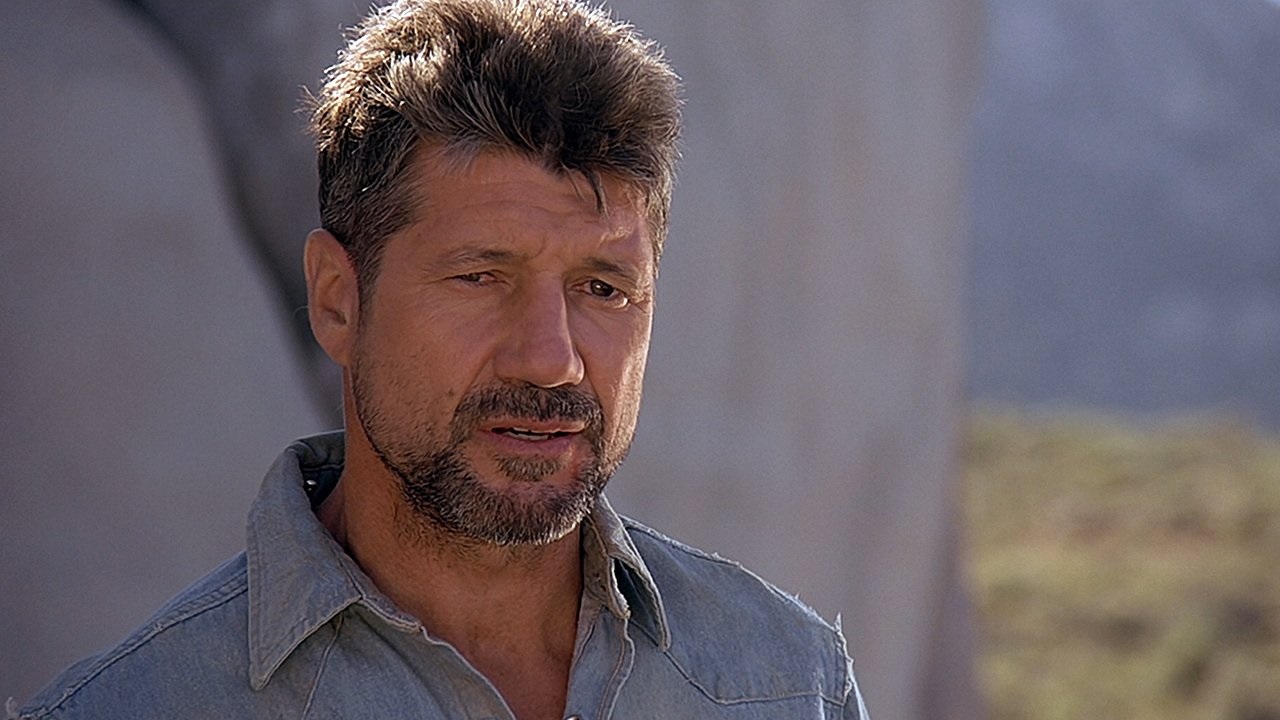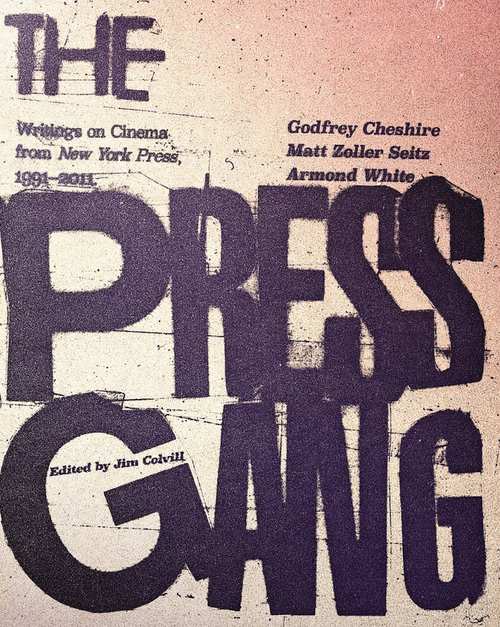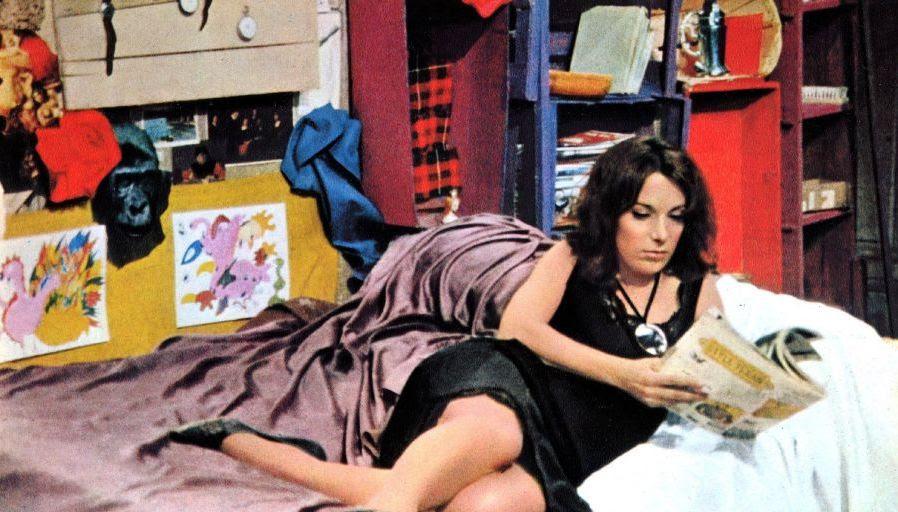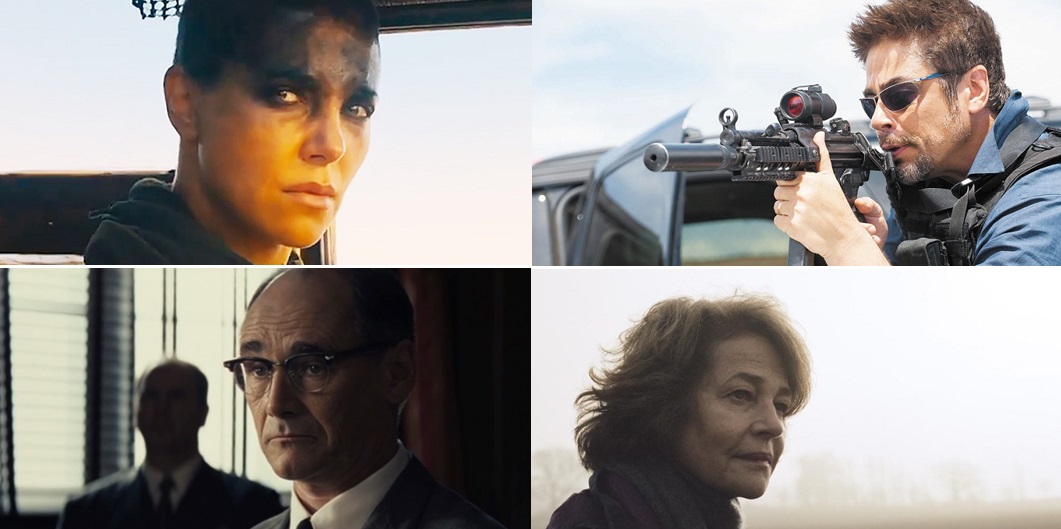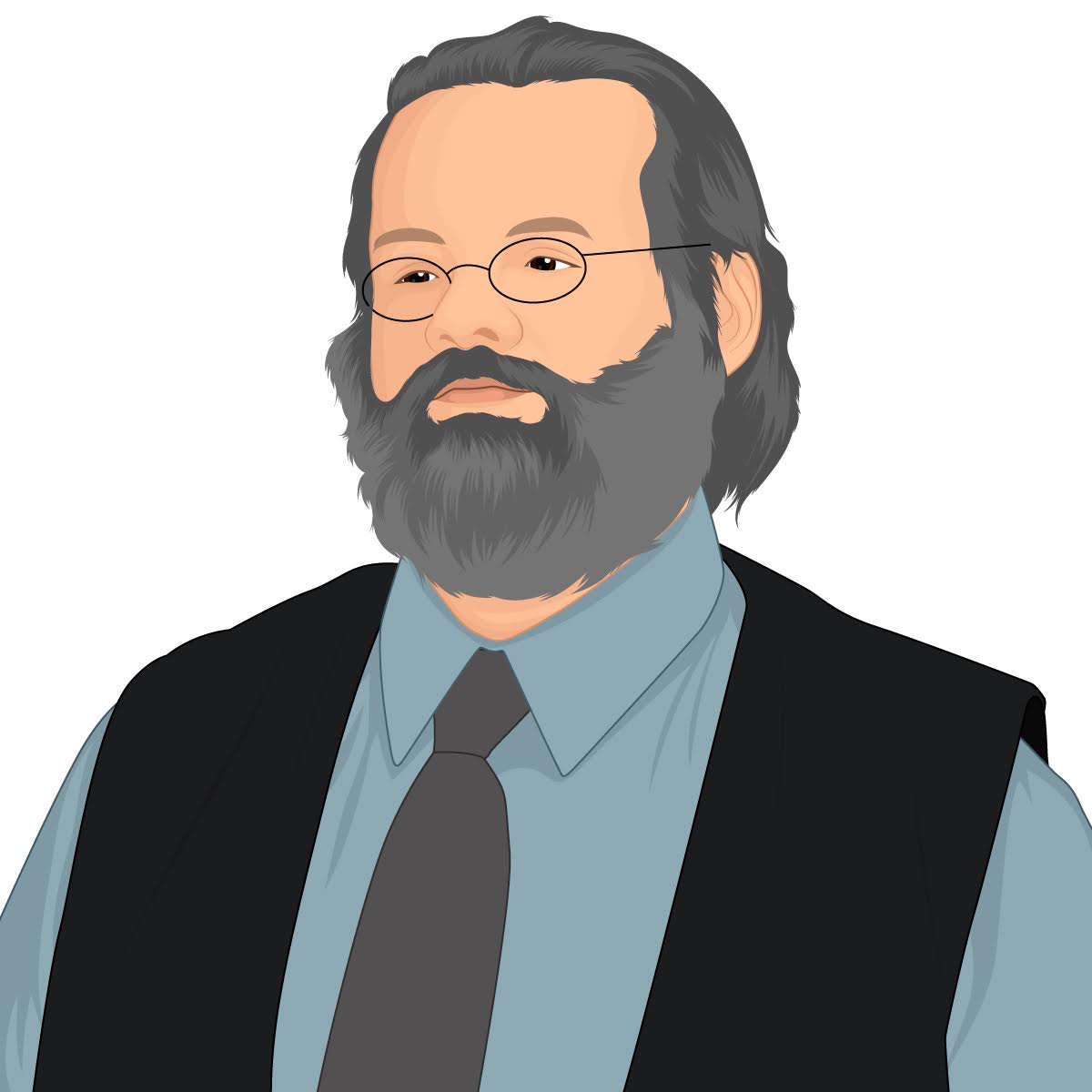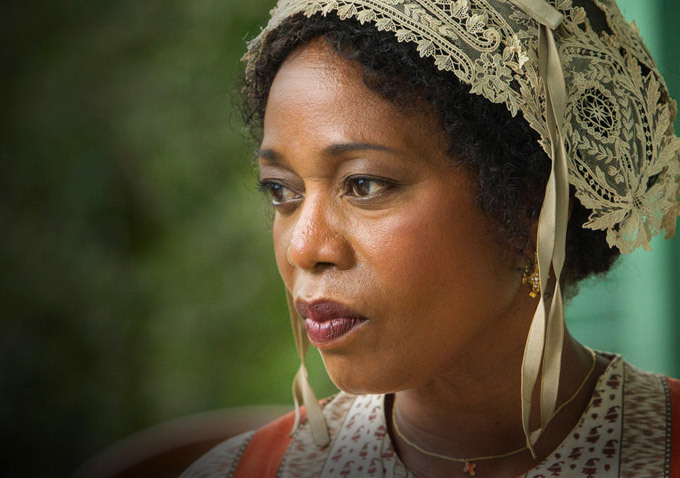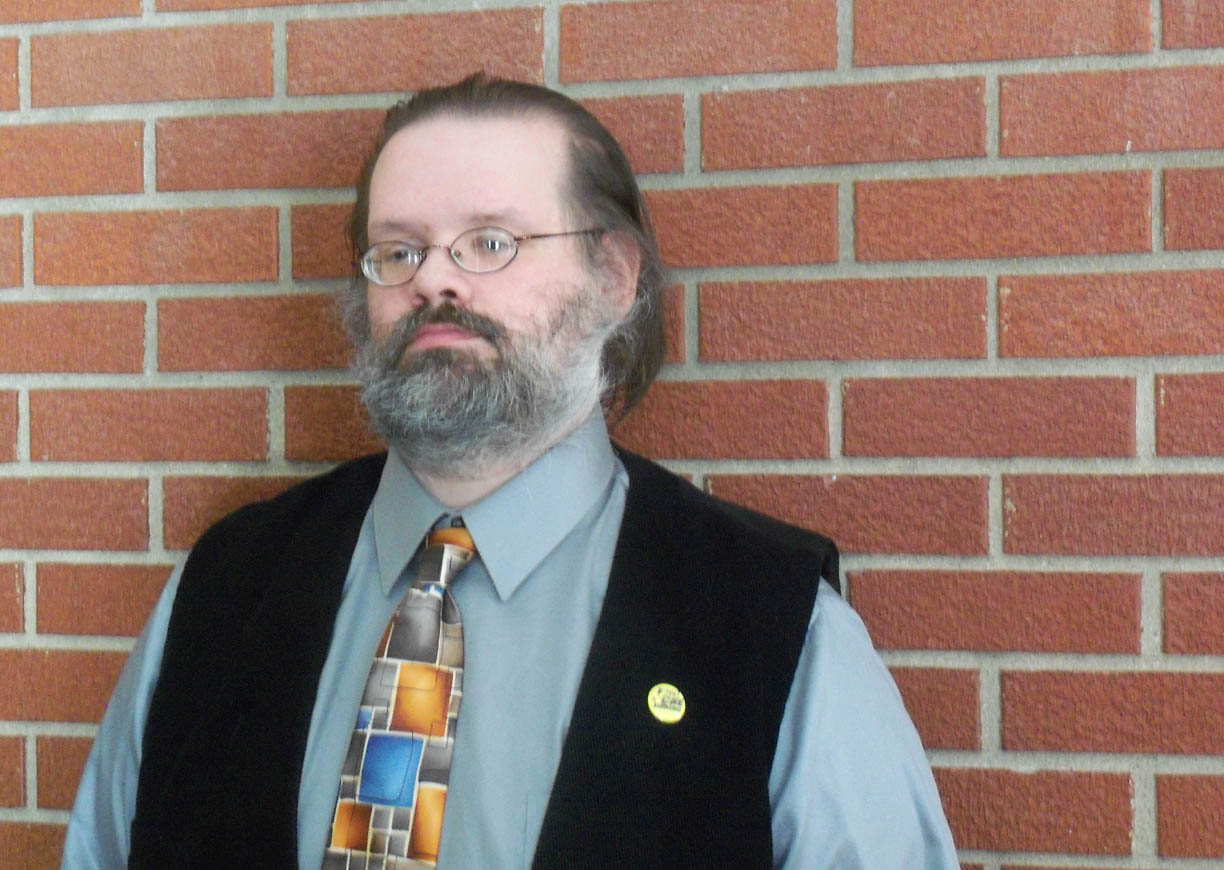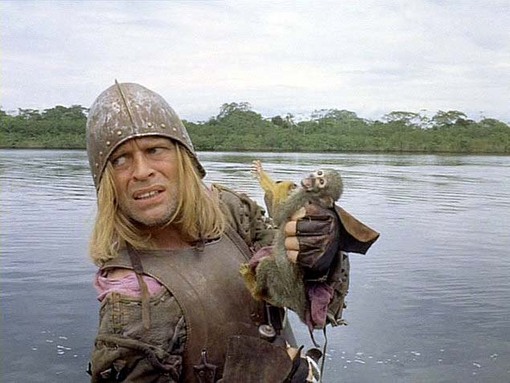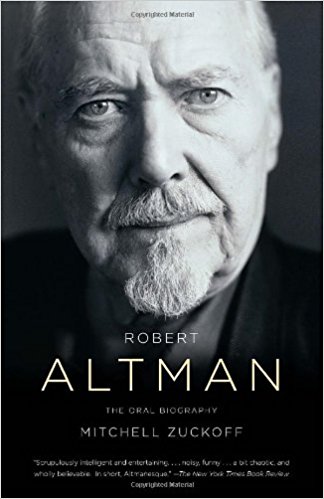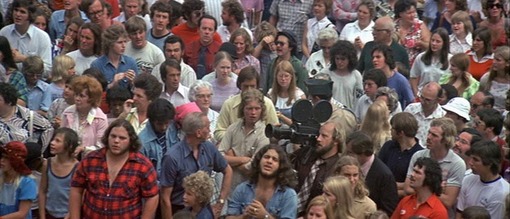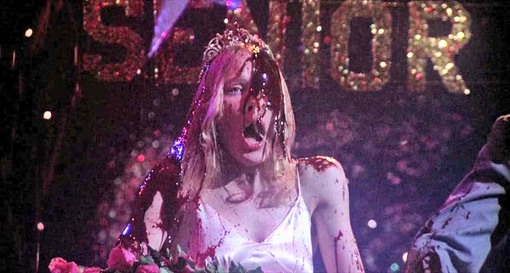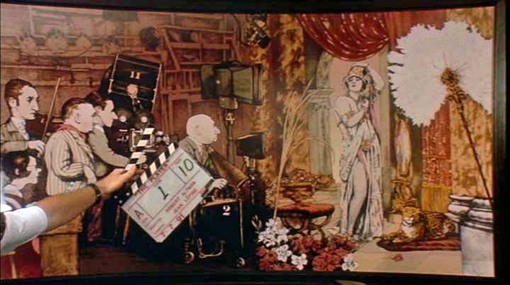Alan Rudolph Movie Reviews
Blog Posts That Mention Alan Rudolph
Breakfast Is Served—Again: Alan Rudolph on the reissue of “Breakfast of Champions”
Peter Sobczynski
Partners in mind: Keith Carradine and Alan Rudolph
Matt Zoller Seitz
Why the Helvetica is Trajan the movie font?
Jim Emerson
My scene with Kristofferson
Jim Emerson
Robert Altman (1925-2006): Moments
Jim Emerson
Directed by David Mamet
Jim Emerson
March 2025 Blu-Ray Guide: “Babygirl,” “Sing Sing,” “Den of Thieves 2,” “Moana 2”
Brian Tallerico
Bird on a Wire: Kris Kristofferson (1936-2024)
Walter Chaw
Part of the Solution: Matthew Modine on Acting, Empathy, and Hard Miles
Matt Zoller Seitz
I Need Your Magic: M. Emmett Walsh (1935-2024)
Scout Tafoya
He Made Everything Better: Fred Ward (1942-2022)
Peter Sobczynski
Gang of Three: A Conversation with Godfrey Cheshire, Matt Zoller Seitz, and Armond White
Craig D. Lindsey
Nelly Kaplan Retrospective at NYC’s Quad Cinema Celebrates Ferocious Filmmaker
Vikram Murthi
Tom Petty: 1950-2017
Peter Sobczynski
The Best Performances of 2015
The Editors
Who’s Who In Reviews: Peter Sobczynski
Chaz Ebert
Alfre Woodard: Wait and See
Dan Callahan
Meet the Writers: Peter Sobczynski
The Editors
Shooting the rapids with Werner Herzog (Part 1)
Jim Emerson
Reviewing Altman
Jim Emerson
Faces in the crowd: Here’s looking at you, Nashville
Jim Emerson
Brian De Palma and The Pink Dahlia
Jim Emerson
Yes, but is it art, too?
Jim Emerson
The great movies (almost) nobody voted for
Jim Emerson
Opening Shots: The Player
Jim Emerson
Sundance 2006 winners
Roger Ebert
Mini-sketches of entries that provoke reactions
Roger Ebert
Sundance holds great promise
Roger Ebert
Toronto fest signals the opening of Good Movie Season
Roger Ebert
Class of ’94 gets their due at Cannes
Roger Ebert
The lost art of talking is splendidly revisited
Roger Ebert
Jennifer Jason Leigh Hides Inside Roles
Roger Ebert
Jennifer Jason Leigh meets ‘Mrs. Parker’
Roger Ebert
Harvey Keitel on the edge
Roger Ebert
Popular Reviews

The best movie reviews, in your inbox
